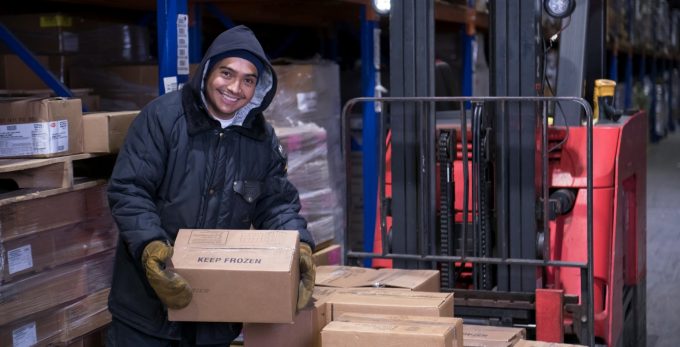Trading tensions with the US may push Brazil closer to China
Brazil is likely to seek new trading opportunities outside the US, after the US Trade ...

Driven by the rampant growth in e-commerce, forwarders have been scrambling for warehouse space, steadily driving up rents.
Lately there have been indications of the momentum shifting down a notch or two, as in other hot sectors like trucking – but the US’s largest provider of ...


Comment on this article